Welcome to the journey of growth and development! Puberty is a natural transition from childhood to adulthood, marking significant physical, emotional, and social changes in girls.
Welcome to the Journey of Growth and Development

Puberty is an exciting and transformative phase where girls grow physically, emotionally, and socially. It’s a time of discovery, learning, and preparation for adulthood. With support and guidance, girls can navigate this journey confidently, embracing the changes that shape their future; It’s a celebration of growth and self-discovery!
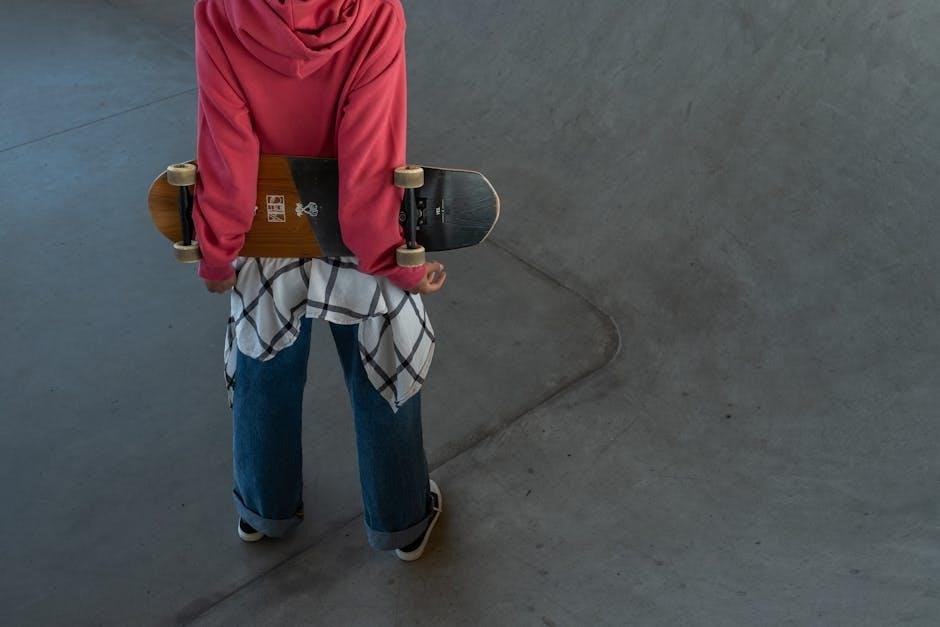
Understanding Puberty
Puberty is a natural biological process marking the transition from childhood to adulthood. It typically begins in girls between ages 8 and 13, involving physical and emotional changes.
What is Puberty and Why is it Important?
Puberty is a biological process where a girl’s body matures into a woman’s, enabling reproduction. It’s crucial for growth, development, and preparing the body for potential future parenthood, marking a significant life milestone.
The Age Range for Girls Entering Puberty
Girls typically enter puberty between the ages of 8 and 13, with some starting as early as 7 or as late as 14. Factors like genetics, ethnicity, and lifestyle can influence the timing, making each girl’s experience unique.
Early Signs of Puberty in Girls
The first noticeable sign of puberty in girls is breast budding, known as thelarche. Other early indicators include hair growth in the pubic and underarm areas, slight changes in body shape, and mood swings due to hormonal shifts.

Physical Changes During Puberty
Puberty brings noticeable physical changes, including breast development, rapid height growth, and the appearance of body hair. These transformations mark the journey from childhood to a more mature physique.
Breast Development and Growth
The first sign of puberty in girls is often breast budding, known as thelarche. Breasts develop under the nipple, forming small mounds that gradually grow and mature over time, becoming a natural part of a young woman’s body;
Height and Weight Increase
During puberty, girls experience a significant growth spurt, gaining about 17-18% of their adult height, typically starting around age 9. This period also brings noticeable weight gain as the body matures, shaping into a more adult form with broader hips and overall physical development.
Growth of Body Hair
Puberty brings the appearance of body hair, particularly in areas like the underarms, legs, and pubic region. This hair starts fine and light but gradually becomes coarser and darker, signaling the body’s hormonal changes and progression toward adulthood.
Changes in Hip and Waist Structure
During puberty, girls experience a widening of the hips and a more defined waistline, which are driven by hormonal changes preparing the body for potential childbearing; These structural changes contribute to a more feminine silhouette, marking the transition to young adulthood and enhancing overall body proportions naturally.

Emotional and Social Changes
Emotional and social changes during puberty include mood swings, new emotions, and shifts in friendships. Building self-esteem and navigating relationships with family and peers is crucial.
Understanding Mood Swings and Emotional Shifts
During puberty, hormonal changes often lead to mood swings, irritability, and heightened emotions. Girls may feel sudden shifts in feelings, ranging from excitement to sadness. These emotional shifts are normal and temporary, but open communication and support from family and friends can help manage these changes effectively.
Building Self-Esteem and Confidence
Building self-esteem and confidence during puberty involves embracing individuality and celebrating uniqueness. Encourage positive self-talk, highlight strengths, and foster open communication. Surrounding girls with supportive relationships and role models can help them navigate body changes and societal pressures, empowering them to feel capable and valued during this transformative phase.
Changing Relationships with Friends and Family
During puberty, girls may experience emotional shifts that affect relationships with friends and family. Open communication, mutual respect, and understanding are key. Friends may become closer confidants, while family dynamics evolve to accommodate growing independence. Navigating these changes requires patience and support from loved ones to foster healthy connections.
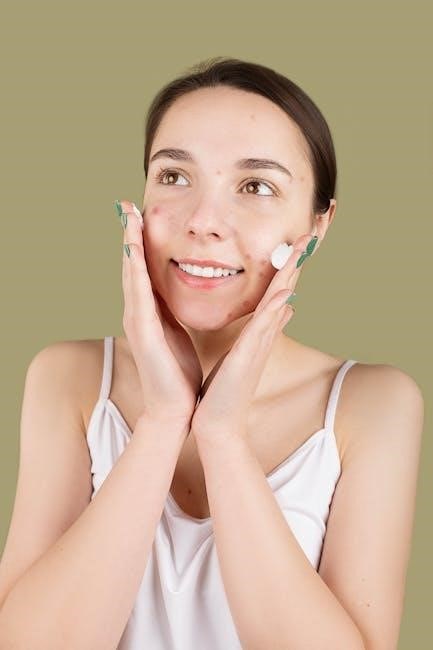
Menstruation and Hygiene
Menstruation is a natural part of life, preparing the body for potential pregnancy. Proper hygiene is crucial to prevent infections and maintain confidence during this cycle.
What is Menstruation and Its Importance
Menstruation is a natural biological process where the uterus sheds its lining each month, preparing the body for potential pregnancy. It signals reproductive readiness and is essential for fertility, ensuring the body is healthy and prepared for future conception and childbirth. Understanding it is vital for overall health and well-being.
Hygiene Tips for Menstrual Health
Change sanitary products regularly to prevent odor and infection. Wash hands before handling menstrual products. Wear clean underwear and comfortable clothing. Bathe daily to maintain cleanliness. Avoid using scented products, as they may cause irritation. Proper hygiene helps ensure comfort and health during menstruation, empowering girls to manage their cycles confidently.
Preparing for Your First Period
Talk to trusted adults and learn about menstruation to understand what to expect. Keep a period kit with pads, tampons, wipes, and a change of clothes handy. Tracking your cycle can help anticipate your first period, reducing surprise and anxiety.
Stay informed, prepared, and confident—knowledge is your best tool for managing this natural milestone.

Health and Wellness
Prioritize personal hygiene, balanced nutrition, and regular exercise to support your body during puberty, fostering overall well-being and confidence.
Importance of Personal Hygiene
Importance of Personal Hygiene
Personal hygiene is crucial during puberty to maintain health and confidence. Shower daily, use deodorant, and wash hands regularly. Keep menstrual products clean, changing pads or tampons every 4-8 hours. Practice good hygiene to prevent odors and infections, ensuring a fresh and healthy transition into womanhood.
Exercise and Physical Activity
Regular exercise supports overall health during puberty. It helps manage mood swings, improves posture, and boosts energy levels. Physical activity promotes strong bones and muscles, aiding growth spurts. Encourage activities like dancing, sports, or walking to foster confidence and a healthy lifestyle during this transformative phase.
Nutrition for a Healthy Body
A balanced diet rich in calcium, iron, and vitamins is crucial during puberty. Include protein, whole grains, fruits, and vegetables to support growth and energy. Limit sugary and processed foods to maintain a healthy weight. Proper nutrition helps regulate mood and supports bone and muscle development, ensuring overall well-being.
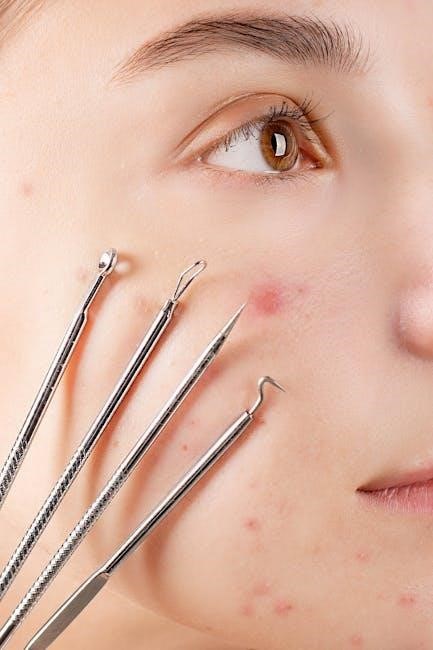
Common Concerns and Solutions
Addressing concerns like acne, body changes, and emotional shifts is key. Open communication, self-care practices, and seeking professional advice when needed help girls navigate puberty confidently and healthily.
Dealing with Acne and Skin Changes
Acne and skin changes are common during puberty due to hormonal fluctuations. Regular cleansing with gentle products and non-comedogenic makeup can help manage breakouts. Avoid picking pimples to prevent scarring. If acne persists, consult a dermatologist for effective treatments. Maintaining a consistent skincare routine promotes healthy, clear skin throughout puberty.
Understanding Body Image Issues
Body image issues often arise during puberty as girls face hormonal changes and societal pressures. Many feel insecure about their developing bodies, comparing themselves to unrealistic standards. Foster a positive self-image by embracing individuality and focusing on health rather than appearance. Surround yourself with supportive people who celebrate your uniqueness and strength.
When to Seek Medical Advice
If puberty starts before age 8 or hasn’t begun by 16, consult a doctor. Also, seek advice if breast development is uneven, periods are heavy/irregular, or unexpected hair growth occurs. Early or delayed puberty may signal hormonal imbalances needing medical attention to ensure proper growth and health.
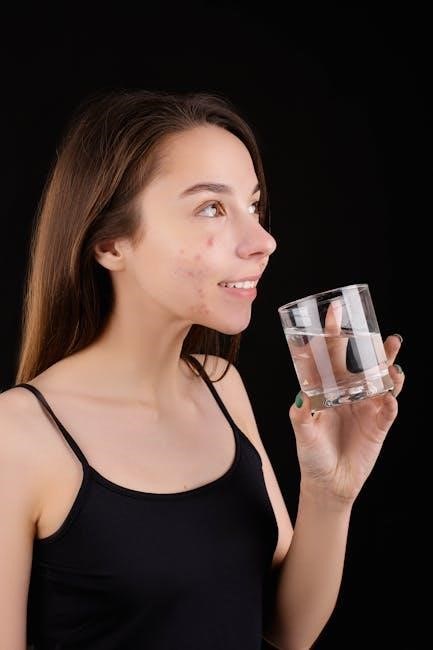
Building Confidence
Building confidence during puberty involves fostering a positive self-image, embracing changes, and understanding individual uniqueness. Empowering resources and support systems help girls navigate this journey with self-assurance.
Embracing Your Changing Body
Embracing your changing body during puberty is essential for self-acceptance. Recognize that each girl develops at her own pace. Celebrate the unique transformations, such as breast development and growth spurts, as signs of progress toward womanhood. Understanding these changes fosters positivity and confidence in your evolving physique.
Setting Personal Goals
Setting personal goals helps girls navigate puberty with purpose. Focus on health, education, and hobbies to build confidence. Celebrate small achievements and stay committed to your aspirations. Goals empower you to grow into a capable and resilient individual, ready to embrace life’s opportunities with positivity and determination.
Support Systems for Girls
A strong support system is crucial during puberty. Family, friends, and mentors provide guidance and reassurance. Open communication with trusted adults helps navigate challenges. Additionally, books, online guides, and community programs offer valuable resources and positive messages, empowering girls to feel confident and informed throughout their journey.
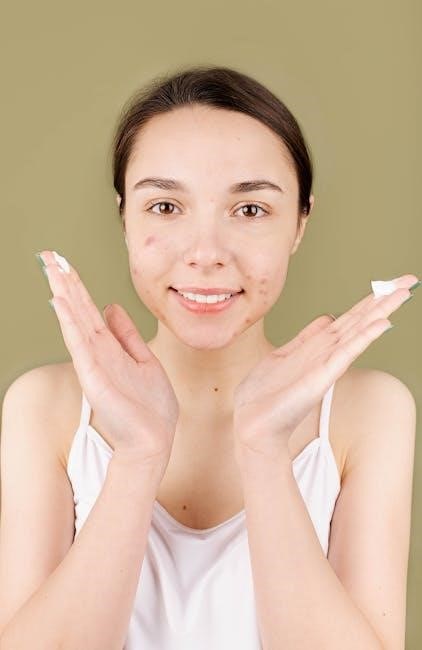
The Future After Puberty
Puberty sets the stage for adulthood, focusing on long-term health, emotional resilience, and self-care. Girls emerge confident, ready to embrace life’s challenges and opportunities with grace and strength.
Long-Term Health and Wellness
Puberty lays the foundation for lifelong health. Adopting healthy habits like balanced nutrition, regular exercise, and mental well-being supports long-term wellness. Understanding your body and emotional health empowers you to make informed decisions for a vibrant future.
Preparing for Adulthood
Puberty is the gateway to adulthood, equipping girls with the physical and emotional readiness to take on new responsibilities. Understanding body changes, emotional shifts, and life skills empowers girls to embrace independence, fostering confidence and self-reliance for the challenges and opportunities of adult life ahead.
Self-Care Practices
Self-care is essential during puberty, helping girls navigate physical and emotional changes. Regular hygiene, balanced nutrition, and exercise promote health. Emotional well-being is supported through mindfulness, open communication, and positive affirmations. These practices foster confidence, resilience, and self-respect, laying the foundation for a happy, healthy, and empowered life.
Puberty is an empowering journey of growth, discovery, and self-understanding. Embrace the changes with confidence, knowing you’re prepared for the adventures ahead. Stay informed, confident, and ready to thrive!
Summing Up Your Journey Through Puberty
Puberty is a transformative journey, guiding girls from childhood to womanhood. It involves physical changes like breast development and menstruation, emotional shifts, and social evolution. Embrace this phase with confidence, knowing it’s a natural step toward independence and self-discovery. Stay informed and empowered as you navigate this significant life chapter.
Stay Confident and Informed
Embrace your journey with confidence and curiosity. Stay informed about your body and emotions, fostering a positive mindset. Surround yourself with supportive people and resources to guide you through this transformative phase. Remember, knowledge and self-care are key to navigating puberty with grace and confidence.

